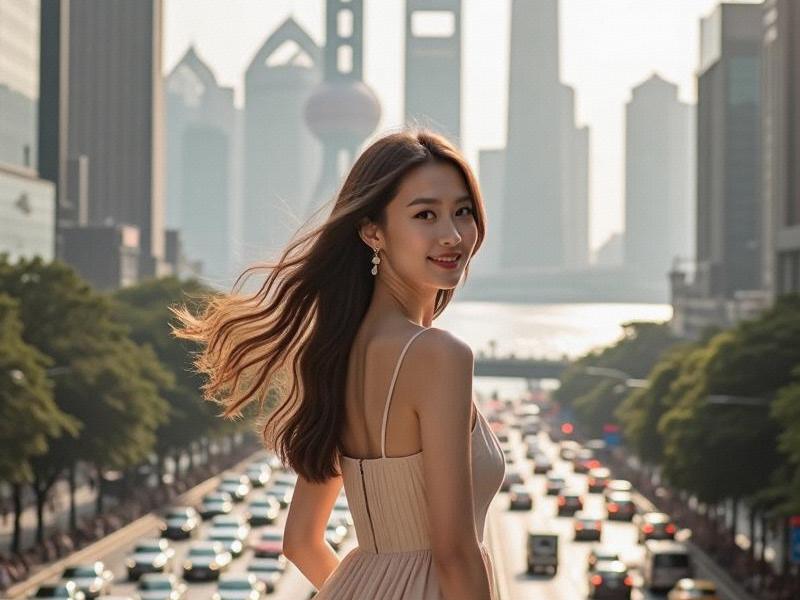Shanghai's Cultural Renaissance: Where Heritage Meets Hypermodernity
⏱ 2025-05-26 00:50 🔖 阿拉爱上海
📢0℃

The Dual City Phenomenon
At precisely 6:30pm each evening, two Shanghais simultaneously emerge: in the former French Concession, elderly residents practice tai chi amid art deco buildings, while across the Huangpu River in Pudong, augmented reality advertisements illuminate the world's second-tallest skyscraper. This daily juxtaposition encapsulates Shanghai's unique urban identity.
Section 1: Architectural Time Machine
- The Protected Lane House Initiative preserving 5,000 shikumen dwellings
- Adaptive reuse of colonial buildings as boutique hotels and design studios
- Controversies surrounding the "Disneyfication" of historic districts
爱上海最新论坛 Section 2: Creative Economy Boom
Shanghai's cultural industries growth (2024 statistics):
- 43% increase in independent art spaces since 2020
- West Bund becoming Asia's largest gallery district
- Government policies fostering design startups
Section 3: The New Shanghainese
上海龙凤419官网 Demographic shifts reshaping culture:
- Returning diaspora bringing global perspectives
- Gen-Z entrepreneurs blending tech and tradition
- Expatriate communities influencing culinary scenes
Section 4: Global Cultural Exchange
International impact measurements:
上海品茶网 - Shanghai Fashion Week's growing influence
- Film coproduction deals with Hollywood studios
- Contemporary artists redefining Chinese aesthetics
Conclusion: The Shanghai Model
As the city prepares for its 2050 masterplan, its ability to honor history while embracing transformation offers valuable lessons for cities worldwide navigating the complexities of globalization and cultural preservation.
Shanghai's Beauty: A Blend of Tradition and ModernityQuantum Bund: Shanghai's Chrono-Urban Matrix Rewriting Civilization's Source Code"The Yangtze Delta Experiment: How Shanghai and Its Satellite Cities Are Rewriting Urbanization Rules"The Evolution of Shanghai's Nightlife: How Entertainment Venues Are Redefining Urban LeisureShanghai's Nightlife Revolution: How Entertainment Clubs Are Shaping Urban Culture in 2025Neon Cheongsams: How Shanghai's Women Are Rewriting the Rules of Asian FemininityShanghai Beauties: A Journey Through the City's Elegant CharmShanghai and Its Surrounding Areas Sightseeing GuideShanghai and Its Satellite Cities: The Making of a 21st Century MegalopolisShanghai Entertainment Hotspots: A Vibrant Melting Pot of Culture and Fun
Shanghai 2025: The Radiant Core of the Yangtze River Delta MegaregionShanghai Glamour: How the City's Women Are Defining 21st Century Chinese FemininityNeon Dynasty: How Shanghai's Entertainment Clubs Are Redefining Global Nightlife Standards in 2025Midnight in Shanghai: How China's Glittering Metropolis Redefines Nightlife LuxuryShanghai's Sphere of Influence: How the Megacity is Reshaping Eastern ChinaThe Yangtze Delta Megaregion: How Shanghai and Its Neighbors Are Redefining Urban EconomicsThe Velvet Rope Economy: Inside Shanghai's Exclusive Entertainment Club SceneGilded Playgrounds: How Shanghai's Elite Entertainment Clubs Are Redefining Urban NightlifeThe Shanghai Nexus: How China's Financial Capital is Reshaping the Yangtze River Delta MegaregionShanghai 2025: The Silicon Valley of the East Reinvents Urban Living

